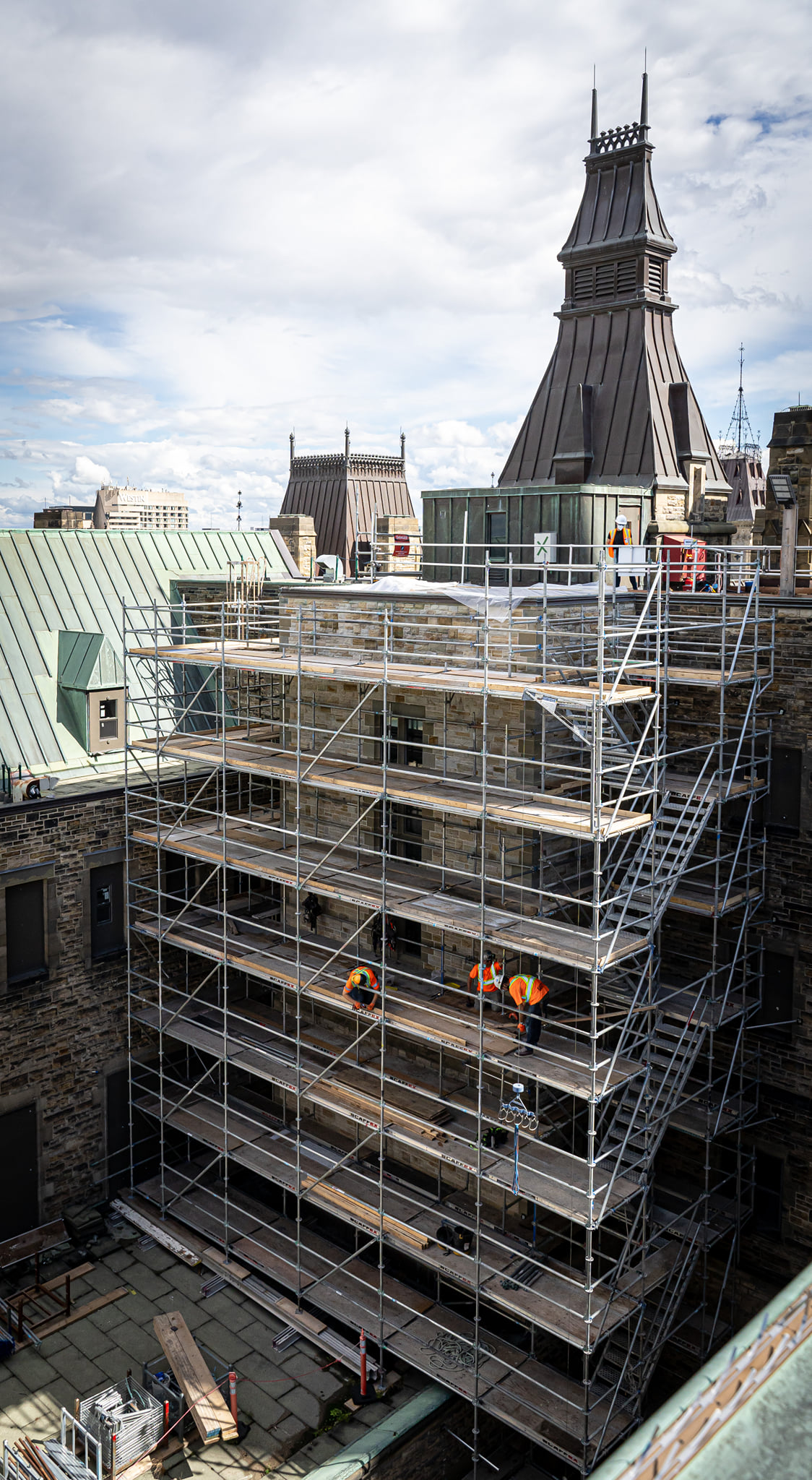National construction stakeholders are calling the launch of a federal prompt payment regime an important milestone, a victory for contractors and workers alike, and a triumph after a hard-fought advocacy campaign.
The Federal Prompt Payment for Construction Work Act was passed in June 2019, regulations were posted in the Canada Gazette last February and Minister of Public Services and Procurement Jean-Yves Duclos announced Dec. 9 that the legislation was now in force.
The legislation applies to all federal projects. Under the act, the federal government will have 28 calendar days to pay after a contractor submits a proper invoice. The contractor will then have seven days to pay its subcontractors and subcontractors will have another seven days to pay their sub-subcontractors.
For Sandra Skivsky, former chair of the National Trade Contractors Council of Canada (NTCCC), which has advocated for federal prompt payment for over a decade, there was deep satisfaction that the day had finally arrived.
“I’ve been waiting for it for a very long time,” said Skivsky, the director of business development for the Canada Masonry Centre. “Fifteen years at least, we at the NTCCC have been involved with this. It just proves the point you can change anything if you’re willing to never say die.”
“We are so delighted that this has passed the next hurdle and is now coming into force,” said Canadian Construction Association president Mary Van Buren.
“Business works best when there’s certainty in the environment and when businesses have an understanding of when their cash flow is coming in, then they’re better able to invest in new areas, whether that’s taking on new business, and right now that’s really important because there is a lot of business.”
Current NTCCC chair Ken Lancastle said trade contractors perform 85 per cent of construction work in the country, and the prompt payment issue was the impetus for the formation of the NTCCC.
“There should be a lot of very happy people to see the federal government announcing that this is now in effect,” said Lancastle, who is also COO of the Mechanical Contractors Association of Canada.
“When you start to speak in terms of how large the trade contracting sector is in Canada, it became much clearer that this was an important issue.”
Under the new regulations, all construction contracts for federal projects will have one year, as of Dec. 9, 2023, to be in compliance with the act.
Ontario, Saskatchewan and Alberta are the only provinces with fully implemented prompt payment regimes.
ADR Chambers Inc. has been appointed as the adjudicator authority and the training of adjudicators was to begin this fall.

Feds can designate application of provincial prompt payment
Construction lawyer Jason Annibale of McMillan noted the new rules include a provision for the federal government to designate the application of provincial prompt payment legislation to federal projects in jurisdictions with the applicable legislation.
For Ontario, Saskatchewan and Alberta, he said, it will be their provincial legislation that will apply to federal projects. He said the federal legislation and the provincial laws are significantly aligned.
Also of note, said Annibale, is the one-year deferral period. That is more streamlined than the complicated transition provisions within Ontario’s Construction Act.
“So get ready, contractors and subcontractors,” said Annibale.
“We’ve been advising (clients) to empower their staff, that is, get familiar with the regime, so that in circumstances where they need to proceed with it, they have knowledgeable staff as to what the process is about and how to file claims.”
Ontario takes the lead
Skivsky noted when the advocacy process started on the federal level, it was hoped federal legislation would come first and that would be a model for the provinces.
Ontario moved early to reform its Construction Lien Act and the seminal report by construction lawyers Bruce Reynolds and Sharon Vogel, titled Striking The Balance, formed the basis for the creation of a prompt payment and adjudication regime that became part of Ontario’s new Construction Act in 2017.
“My suspicion is we will eventually see prompt payment and adjudication in every jurisdiction within Canada,” said Annibale.
The stakeholders referred to prompt payment as sensible and fair but Skivsky said the federal government did not immediately endorse it when discussions began.
The Dec. 9 release from the government noted it currently pays its construction bills within 30 days 90 per cent of the time.
“You’re talking about disrupting a longstanding culture of how things worked,” said Skivsky. “Originally they couldn’t quite understand why somebody wasn’t getting paid, because they were paying somebody, and so there was a lot of education involved. We did a lot of research over the years.
“We were the lone voice in the wilderness out there, to make people understand this is a big problem.”
Lancastle said at the outset, the issues were not clearly defined and there was a lack of a coherent industry voice on the issue. The NTCCC and its partners filled that void.
Slow payment not only affects the contractor and sub, Skivsky said, but it affects productivity, the apprenticeship system, “everything.”
“You have to manage your cash flow and you might not take on that next job because you have to wait to get your payment for your last job,” she said. “Contractors don’t hire people when they don’t have cash flow.”
Follow the author on Twitter @DonWall_DCN.











Recent Comments
comments for this post are closed